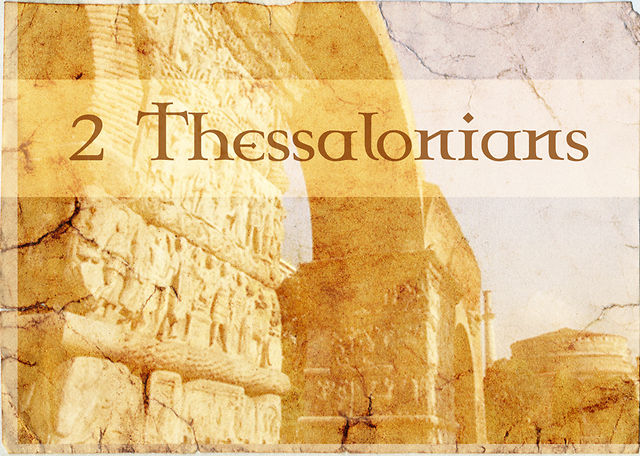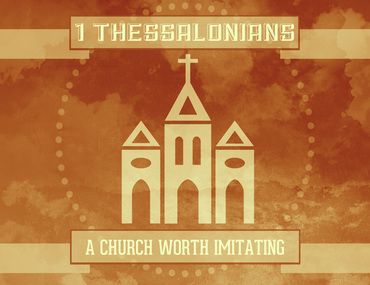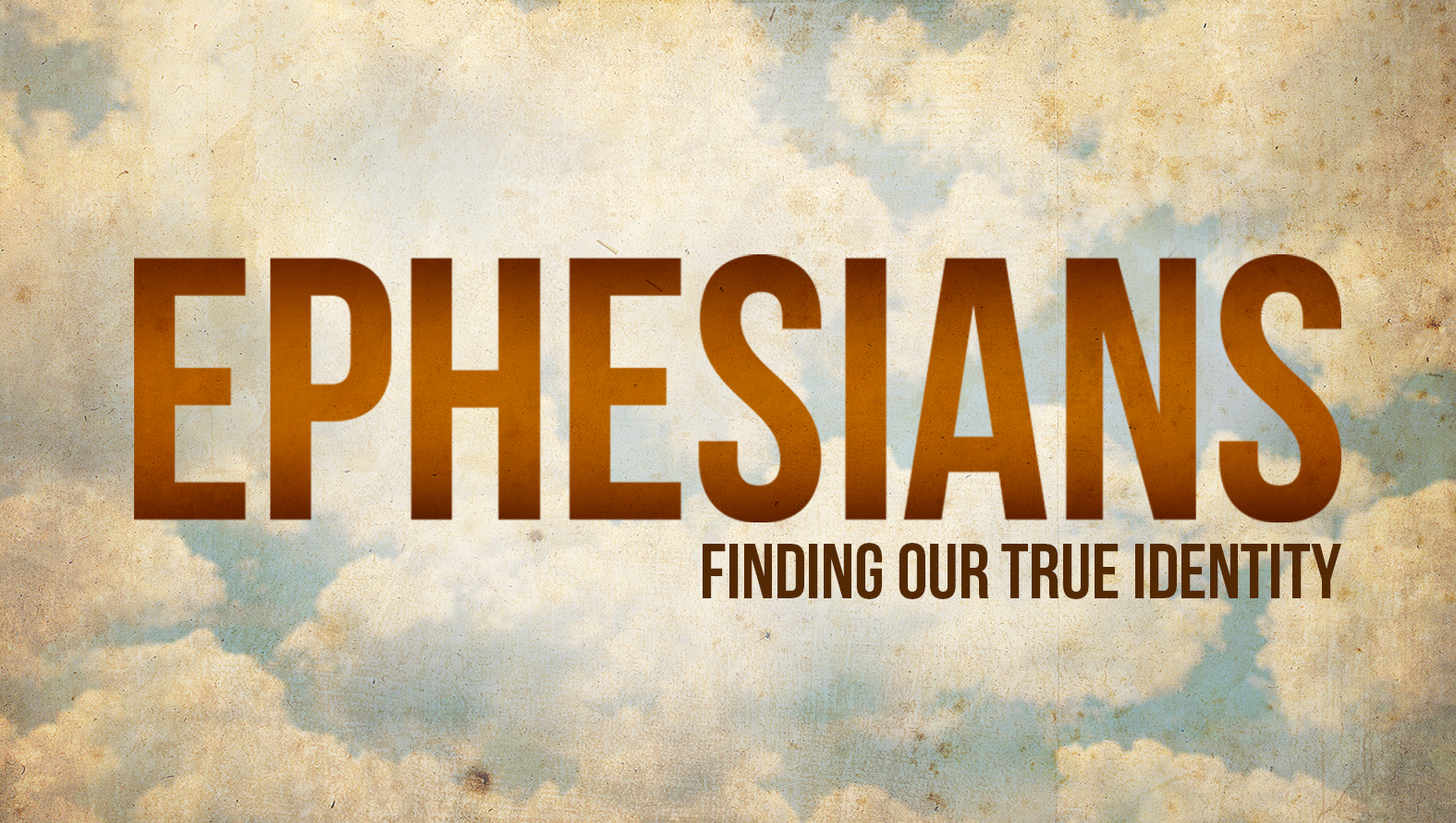 |
| Embrace the Word |
Challenging popular culture by bringing a refreshing dynamic Christian view to all that society offers. Reviews of books, movies, videos, music, and hot topic issues will be blogged with personal ideas reinforced through multiple sources. Some of the roughest issues of the world today, both from mainstream culture and Christian life, will be tackled.
Wednesday, 30 March 2016
Reading Hebrews
Monday, 28 March 2016
Reading Philemon
Philemon is an interesting letter, quite different from the rest of the New Testament. Really, the purpose behind the letter is what sets it apart. Rather then providing teaching, or directions, this is a letter to a specific person on behalf of another specific person, Onesimus. Onesimus was a servant who had ran away from his master, Philemon. Paul is writing for Onesimus, begging Philemon to forgive his servant and no longer be angry. Both Philemon and Onesimus were believers, which allowed Paul to talk using common themes. Interestingly, Philemon under Roman law could have actually had Onesimus arrested and killed for his actions. Instead Paul begs Philemon to accept his former servant back, as a person, and a Christian brother.
 |
| Open Mike |
Thursday, 24 March 2016
Reading Titus
Titus is another Pastoral Epistle, a letter from Paul to a church leader. This one is directed to Titus, a Greek believer who served as a leader for the churches on the island of Crete. Much like the other Pastoral Epistles, Paul's purpose in this letter is to encourage, and direct these young leaders in circumstances such as dealing with false teachers and the sinful nature of men.
Paul starts by providing qualifications for church leaders, including overseers, elders, and deacons. He also provides some tips in how to identify false teachers, as well as a warning to the church to avoid the false teachers. Paul also provides some great encouragement regarding how a believer should live their life, within the church and outside the building.
Paul starts by providing qualifications for church leaders, including overseers, elders, and deacons. He also provides some tips in how to identify false teachers, as well as a warning to the church to avoid the false teachers. Paul also provides some great encouragement regarding how a believer should live their life, within the church and outside the building.
 |
| Bible Prophecy Talk |
Wednesday, 23 March 2016
Reading Second Timothy
Just like the previous letter, Paul wrote to Timothy here to further instruct him in his leadership journey, and to provide a farewell of sorts. This is the last letter that Paul ever wrote, right before his martyrdom in 67 AD. Because of that, it is an extremely personal letter, and gives great insight into one of the greatest early church fathers.
The letter starts with encouragement to Timothy, regarding facing persecution, staying faithful, and remaining in the Gospel. Paul also provides some warnings for Timothy, mainly concerning his duties as a church leader. Finally, Paul provides his views in regards to death. He reviews his life, and states that he is satisfied, and above all, excited to finally be with his Lord.
 |
| Mars Hill |
Monday, 21 March 2016
Reading First Timothy
First Timothy is a common book of the Bible that pastors and church leaders will turn to for advice, doctrine, and encouragement. It was written by Paul, and is classified as a Pastoral Epistle, a letter with specific leadership guidelines. The letter is actually directed to a young leader, Timothy, who is an extremely interesting character in the New Testament. Paul had a deep relationship with Timothy, and writes here to encourage and direct him in his pursuit as a Christian leader within the community.
Paul starts by encouraging Timothy to stand up for the one true God, and fight against false teachings. Then, he tackles the leadership issues within the actual church, talking about female leadership, overseers and deacons. He also talks about the church and its role, as well as how to minister, and discipline.
Especially in today's times, having clear roles within the church can help clear up many of the issues that are ongoing. It can help direct the church into the future, keeping it strong in society so that we remain an ever constant aspect of culture.
 |
| Haiku Deck |
Thursday, 17 March 2016
Reading Second Thessalonians
This letter from Paul is extremely unique, as it focuses on the topic of the coming return of Jesus Christ. While Paul does discuss this issue in part in other letters, this letter is entirely dedicated to the topic. The letter was sparked by the belief from some people in Thessalonica that Jesus had already returned. Paul wrote to quash this theory, and point to certain signs that would foretell Jesus' return.
Paul starts by talking about why we hope for Jesus' return, and why we should continue hoping. He makes sure to point out that no one knows the date of Jesus' return, but that shouldn't change or alter the hope that we should have in any way. While we may not know the exact date, Paul does provide some signs that the return is soon. He points to the antichrist being a man of lawlessness, one that the Holy Spirit has been commanded not to restrain. Once the Holy Spirit is removed, believers will be taken up to Jesus (which is a possible mention of the Rapture), and the end times will begin.
Paul starts by talking about why we hope for Jesus' return, and why we should continue hoping. He makes sure to point out that no one knows the date of Jesus' return, but that shouldn't change or alter the hope that we should have in any way. While we may not know the exact date, Paul does provide some signs that the return is soon. He points to the antichrist being a man of lawlessness, one that the Holy Spirit has been commanded not to restrain. Once the Holy Spirit is removed, believers will be taken up to Jesus (which is a possible mention of the Rapture), and the end times will begin.
 |
| Contemplatives in the World |
Saturday, 12 March 2016
Reading First Thessalonians
This letter was probably the first that Paul wrote, or definitely one of the earliest. Once again, it was an extremely personal letter, with the majority of the content spent on encouraging the believers at Thessalonica. Paul wants this church to keep working hard for Christ, and continue hoping, and waiting patiently for the return of Christ.
Paul does include some doctrinal issues in this letter. He focuses on unity, especially between Christians within the church. He assures believers that mourning the dead is alright, and is spiritually and morally fine. Paul spends lots of time discussing why and how Christians should wait for God's arrival, and also how this should affect their conduct every day.
First Thessalonians is a simple, yet very profound letter that can have amazing impacts on our lives today. It is a great read for encouragement, and also for learning. Perhaps it is also one of the best Epistles to read first, with the others being more theologically heavy.
 |
| Lutheran Layman |
Wednesday, 9 March 2016
Reading Colossians
Colossians is a letter once again dealing with false teachers. The false teaching in this case was that all matter is evil, and the source of this matter is especially evil. Because of this philosophy, they taught that God could not have created matter, because He is not evil. Extended, this meant that our bodies are evil, and God could not have created us. Ultimately, because of that, these false teachers taught that evil conduct was fine, and pursuing evil pleasures was acceptable.
Paul set out to shed light on these false theories, especially the fact that they limit the greatness of Jesus Christ. The book contains some amazing doctrines referring to Christ, and His relation to creation, the church, and the follower's life. He dealt with every aspect of the false doctrines and then personally addressed and encouraged the church to fight against these teachers, and draw closer to Christ.
 |
| One Harbor Church |
Monday, 7 March 2016
Reading Philippians
This letter is another Prison Epistle, and is an extremely personal, heartfelt book from Paul. Paul had a deep relationship with this church, being with the key founders and helping them build their church within this city. This was also the city where he and Silas were released from jail by an earthquake, and converted the jailer through their behaviour in the incident.
This letter contains some amazing encouragement terms, as well as some great truths of the gospel. Paul encourages these old friends to continue rejoicing, and to continue being thankful. He encourages them to live more Christ-like lives, and to continue persevering being a light in this city. This book is an amazing read for the church, and provides a great insight into Paul's life, and the early church's development.
This letter contains some amazing encouragement terms, as well as some great truths of the gospel. Paul encourages these old friends to continue rejoicing, and to continue being thankful. He encourages them to live more Christ-like lives, and to continue persevering being a light in this city. This book is an amazing read for the church, and provides a great insight into Paul's life, and the early church's development.
 |
| Awaken Church Florida |
Saturday, 5 March 2016
Reading Ephesians
 |
| Doctrines of Faith |
The letter really keys on one of my main missions; passion. The Christian walk should be all about passion, in everything we believe, everything we say, and everything we do. Paul states that we can find that passion by finding ourselves in our salvation in Jesus. Of utmost importance is the knowledge that this passion, this identity, this salvation has to come from God. We have to realize that by ourselves we can do nothing, but with God, we can do everything. It's only through Him, and because of Him, that we have a reason to be passionate.
Another major theme in this letter is the emphasis on the reality of the struggle between good and evil, between God and the Devil. Paul constantly preaches for protection, and awareness against temptation, and a sinful nature. He marks the importance of unity within the Christian family to protect against Satan, as well as in the power of God, and a Christ like nature.
Subscribe to:
Posts (Atom)